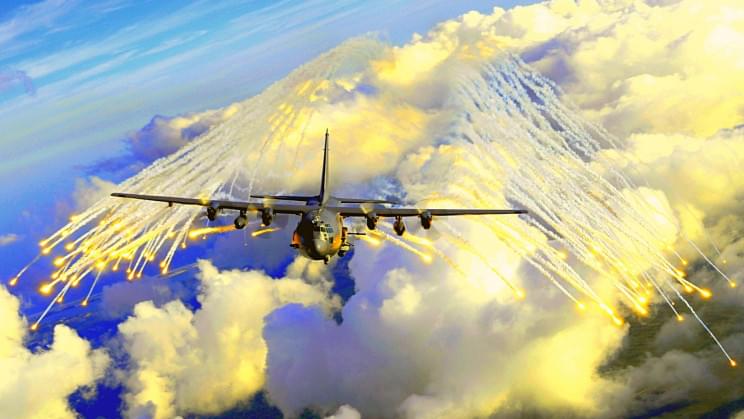To keep up with China and Russia. The future of warfare builds on previous successes. And throughout conflicts in Iraq, Syria, and Afghanistan, the U.S. military possessed an unrivaled advantage in air superiority. But all things change, and to face the possibility of conflict with new and advanced weapons and aircraft from Russia or China, the Special Operations Command (SOCOM) wants to upgrade some of its largest aircraft with cruise missiles, according to a recent solicitation shared on a government website. Specifically, SOCOM’s plans call for equipping AC-130s with cruise missiles, in addition to transforming the MC-130 into a \.
Equipping AC-130s with cruise missiles could prove superfluous.
Unlike the hypersonic missiles that major powers are developing like a second arms race, cruise missiles are a kind of munitions that move at subsonic speeds and fly at low altitudes, increasing the difficulty of detection for enemy forces. But SOCOM also wants the cruise missiles to possess electronic systems that will help them acquire and reacquire targets after being fired from the aircraft. But not everyone at Air Force Operations Command, a subunit of SOCOM, is optimistic about the order. “No matter the threat, air-to-air or air-to-ground, having a precision-guided cruise missile just enhances the performance and capability the AC-130 already has, but I don’t believe that equipping a stand-off precision-guided cruise missile will make it any more relevant, due to capabilities and limitations of the aircraft,” said former AC-130 Gunner B.A., in the Insider report.
“Other aircraft platforms would be a better choice for that type of weapon system,” added B.A. in the report. “The AC-130 was made to sit in the sky, fly counterclockwise in a circle, and engage anyone who is actively engaging the good guys. Precision missiles wouldn’t hurt, but let’s not ‘Call of Duty’ accessorize our AC-130s!” he added, in reference to a highly customizable video game that simulates various military combat scenarios. But while B.A. could be right that the new upgrades wouldn’t make a substantial difference in combat capabilities, the government only recently invested more money in increasing the United States’ combat readiness against potential adversaries, with plans that could take decades to reach fruition. This means that, in the meantime, some may argue that the U.S. should seize every advantage it can, while there’s still time.
